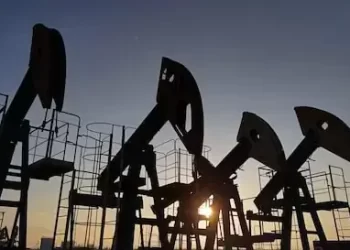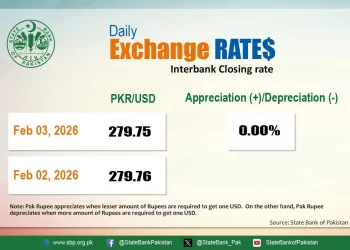Oil prices edged down in Asian trade on Tuesday, after posting gains in the previous session, as markets remained cautious about global demand growth prospects amid expectations of stronger supplies.
Global benchmark Brent crude futures slipped 12 cents, or 0.14%, to $84.13 per barrel at 0615 GMT.
US West Texas Intermediate crude futures fell 14 cents, or 0.17%, to $80.19 a barrel.
Both benchmarks gained around 2% on Monday, closing at their highest since April.
“The oil market shifted its focus back to fundamentals, which have been soft for some time,” said BoFA commodity and derivatives strategist Francisco Blanch in a client note, adding that global crude oil inventories and refined product storage in the United States and Singapore, among other places, was higher.
Meanwhile, global oil demand growth decelerated to 890,000 barrels per day year-on-year in the first quarter, and data suggests consumption growth likely slowed further in the second quarter, he said in the note.
China’s oil refinery output slipped 1.8% from year-ago levels in May, statistics bureau data showed on Monday, as refiners undertook planned maintenance overhauls and processing margins were pressured by rising crude costs.
Oil edges up as summer demand hopes offset downbeat China data
Markets were also looking out for further clues on interest rates, and how the US demand situation would pan out, as several US Federal Reserve representatives will be speaking later on Tuesday.
Some analysts remained bullish on the price impact of an extension by the OPEC+ group of supply cuts in the near-term.
“The latest guidance provided by OPEC+, as well as their unchanged 2.25 million barrels per day demand growth outlook, signals a stagnation in oil supply growth for 2024 and an apparent downside risk to production in 2025,” said Patricio Valdivieso, Rystad Energy vice president and global lead of crude trading analysis.
“Under these conditions — and the disconnect between the OPEC+ demand outlook and all other agencies — it is hard to remain fully bearish when global oil supply growth appears decimated,” he added.









